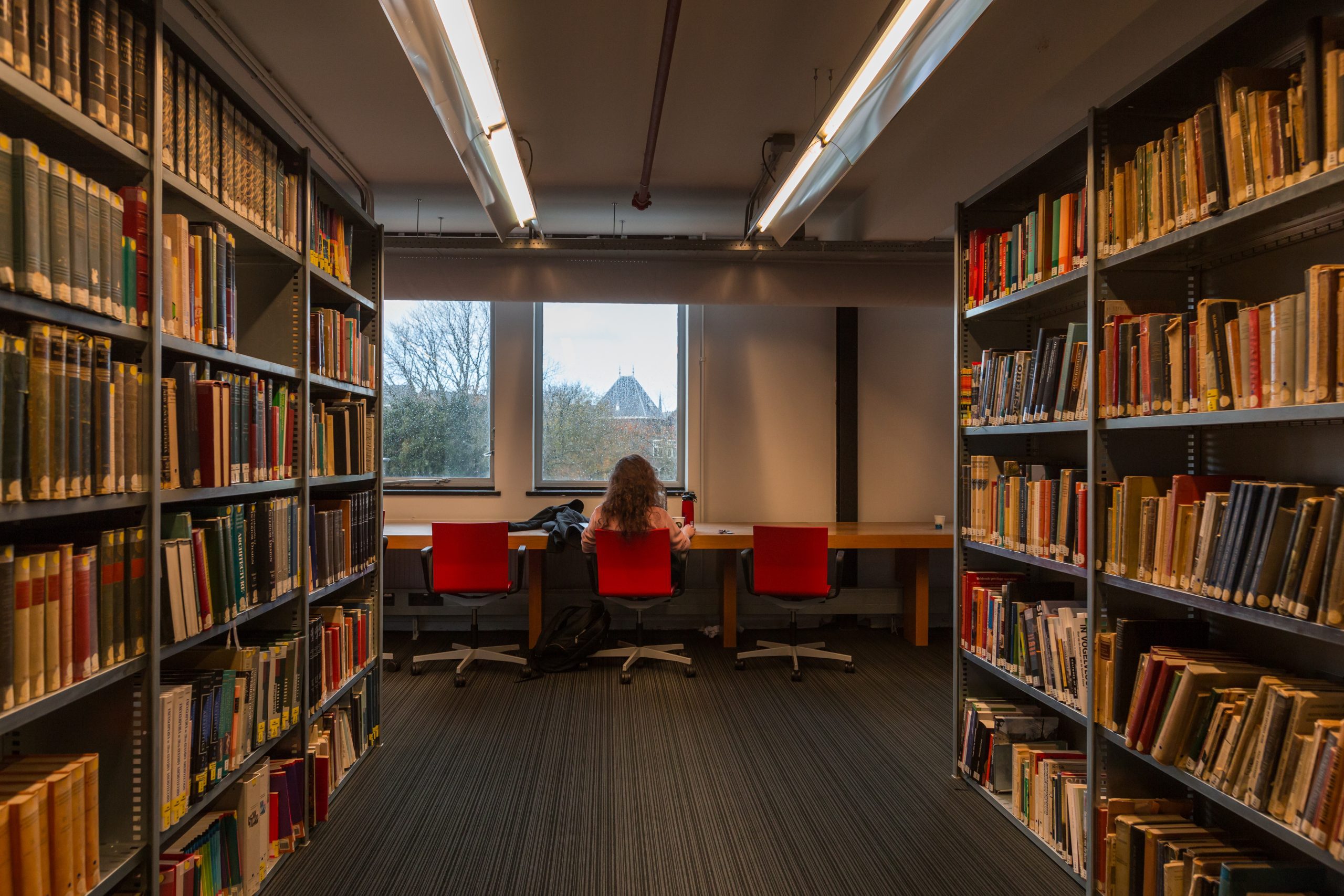One of three non-EEA bachelors at the University of Twente have psychological or medical problems. More institutions are seeing a rise in health complaints. But not TU Delft.
(Photo: Thomas Zwart)
One third of the bachelor students from outside the European Economic Area (EEA) at the University of Twente went through ‘exceptional circumstances’ to avoid a binding study advice. This was eight percent among first year students from the Netherlands and other European countries, reports U-Today (in Dutch). Ton Mouthaan of the University of Twente calls the high number of students from ‘faraway countries’ who run into problems in their first year of study “unacceptable”.
As Chair of the University’s ‘personal situation committee’, Mouthaan received 31 requests from non-European bachelor students. “No two cases are the same, but you often see that problems escalate among this group of students because they are studying in a foreign country and do not have a social network to fall back on,” he confirms by telephone.
Younger population
Previously, the students who came to the University of Twente from outside Europe were mostly master students, but in recent years the number of international bachelor students has risen. According to Mouthaan “This younger group has its own specific problems. Many of them have not been to university before, are unsure if they have chosen the right subject and live alone for the first time. Master students are older and are simply more confident.”
International students tend to suffer more from home-sickness, loneliness (in Dutch), difficulties adjusting, and have to get used to the Dutch education system and methods. For example, students from Asia find it harder to analyse and pose critical questions as they are less used to doing these in their home countries. On top of this, their parents often pay high fees for their education, which puts them under a lot of pressure to succeed.
Reluctance
While TU Delft had 396 bachelor students last year from outside the EEA, its student psychologists and policy staff do not recognise this picture. The spokesperson does note however, that the phenomenon of bachelor students from outside Europe is quite new at TU Delft and there is as yet little information about this group.
The Technical University of Eindhoven does recognise the problem. “The difficulties faced by both international bachelor and master students seem more complex and profound than by Dutch students,” says spokesperson Barend Pelgrim. “Many students with problems appear to have brought them with them from home, where there is often greater reluctance to go to a psychologist.”
Jeanette Van Rees, Chair of the national association of student psychologists, suspects that international students often struggle with issues going back a while. “Students fly somewhere new and think that they leave their problems behind. Later, we see these students in our consultation rooms with severe complaints such as long term depression, serious anxiety or personality problems.”
Buddy system
Van Rees cannot say if the increase in the number of international students with problems parallels the growing number of international students. “We will soon start an assessment into the degree and source of the psychological complaints of this group.” The Universities of Eindhoven and Twente are happy with their international students and organise all sorts of activities to make their stay in the Netherlands as smooth as possible. They have, for example, buddy systems, activities to meet each other and Dutch students, and stress reduction training in English. Mouthaan says that “We already do a lot at the University of Twente in terms of study support, but maybe we should be even more watchful over non-European students.”
Do you need help?
If you are a student and have psychological complaints and want to talk about them with someone, the TU Delft psychologists are there to help you. X Boost also runs an informal drop in consultation session every Thursday from 17:30 to 20:30.
HOP, Oscarine Vonk / Delta, Saskia Bonger
Do you have a question or comment about this article?
redactie@hogeronderwijspersbureau.nl


Comments are closed.